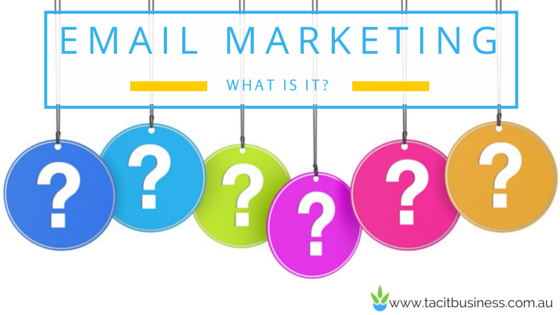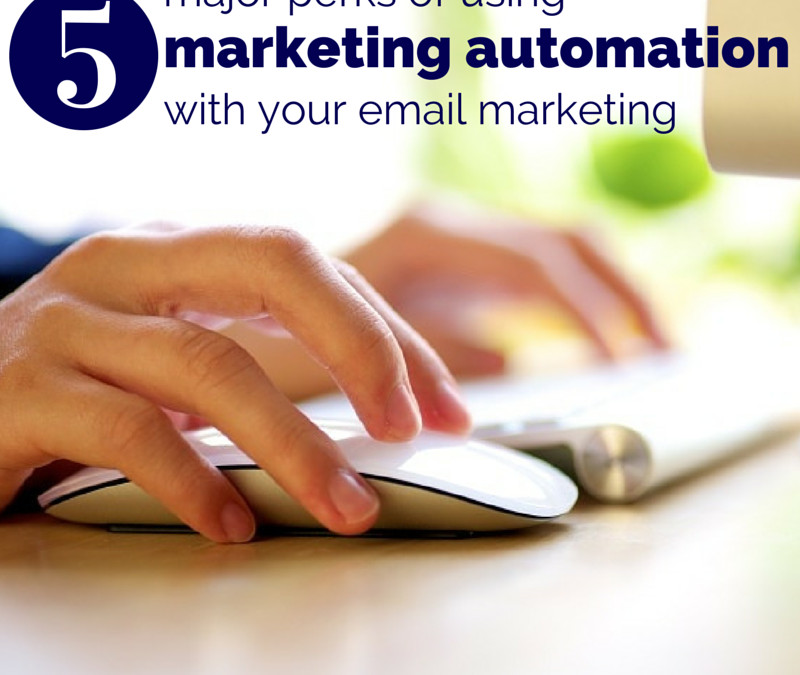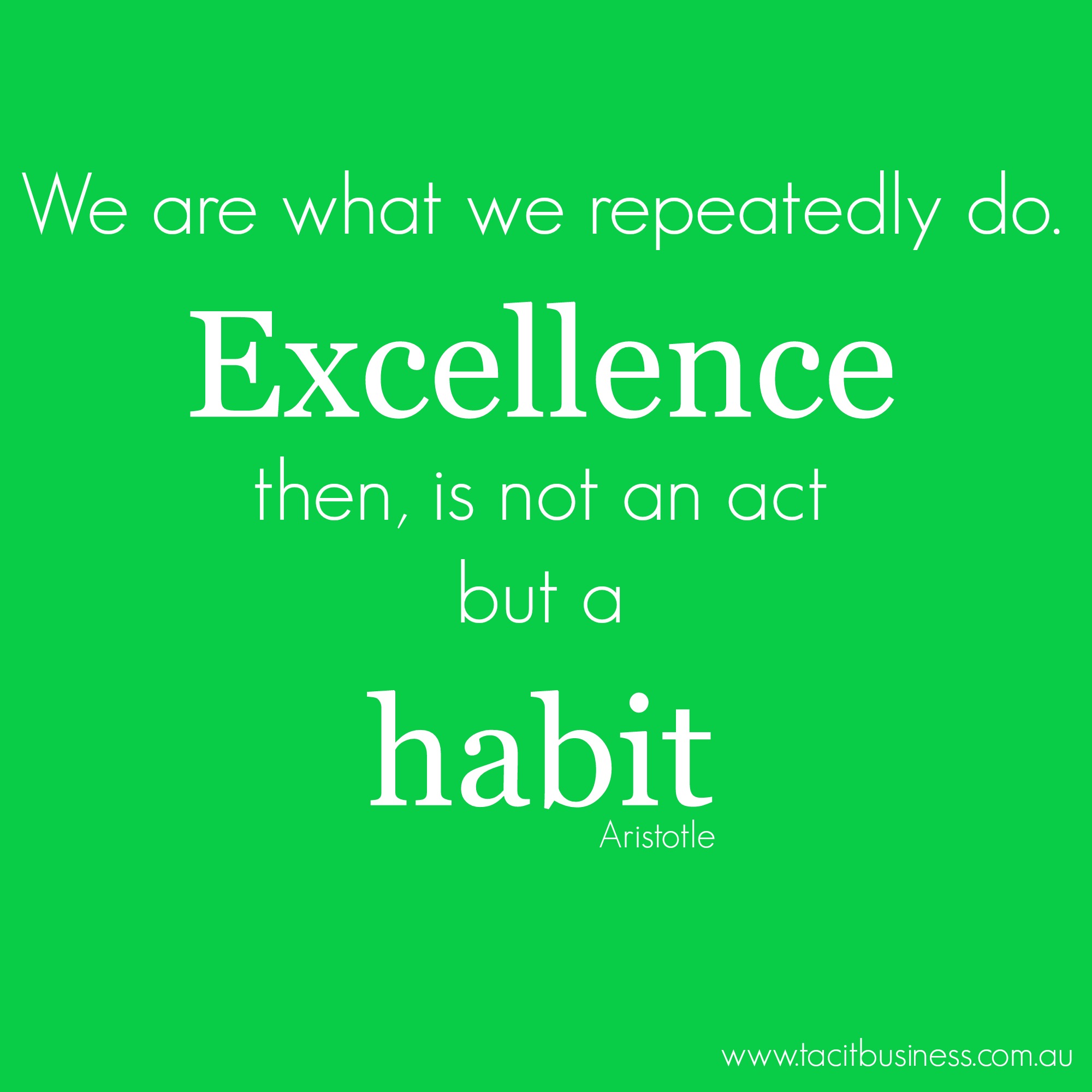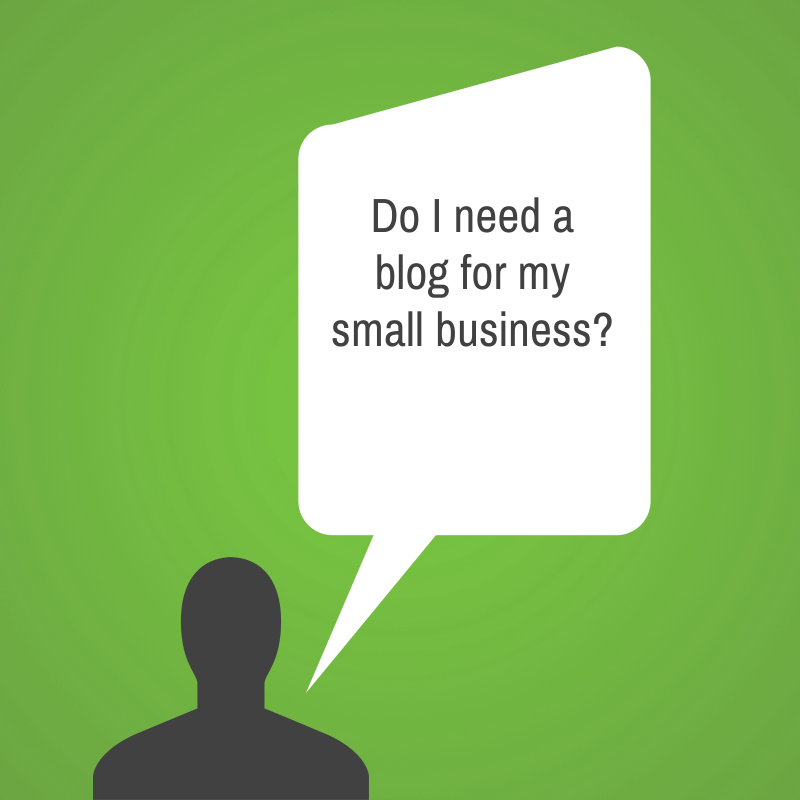
Leanne Nelson+ by | Apr 8, 2015 | Content marketing, Customer Relationship Management
Email marketing is popping up in business conversations everywhere. And with good reason. Keeping in touch with your existing and potential clients is an important part of generating leads and marketing a small business. However it can be time consuming and expensive to reach everyone regularly. As business owners, we are all busy being pulled in a hundred directions at once, so the regular keeping in touch and lead nurturing can fall through the cracks. Not giving this part of your business regular attention can result in an up and down cycle – take time out of the core business to generate leads, then put the lead generation aside to work on the business while the leads drop off. Not only is it a frustrating way to work, it’s inefficient. Email Marketing is Effective The good news is email marketing can smooth out the bumps. 73% of Australian marketers rated email newsletters as an effective marketing tactic, compared to 66% for in person events (ref: ADMA http://www.adma.com.au/). Put that statistic together with the low cost of email marketing and it becomes a very attractive option. As part of your marketing strategy, email marketing campaigns can be set up to do much of hard work without you having to sacrifice time from your core role. Email Marketing is Efficient Email marketing is a form of marketing automation. It is the sending marketing communications to prospects and existing customers via email, much the same as direct mail only easier. It can take the form of regular email newsletters, blog posts send by email, autoresponder series that nurture a prospect or special offers...

Guest Post+ by | Feb 12, 2015 | Content marketing, Tools, Tips & Resources
Email marketing campaigns have been the backbone of companies large and small for years, and the process remained mostly unchanged. With the creation and accessibility of marketing automation, large and small businesses are choosing to create email campaigns in a whole new way. The power to create finely-targeted and tailored email campaigns now rests in a skilful marketer’s grasp. Not sure you want to switch to marketing automation? Here are the five major perks you’ll be missing out on. 1. Cuts down on time One of the biggest complaints about email marketing is that someone needs to take the time out to do it. Most small businesses have a limited staff, and their time is often stretched between plenty of equally important tasks. Marketing automation can be done and scheduled at the beginning of the week and not touched again until the following week. You can plan out your campaigns in advance and spend the rest of the week focusing on other marketing efforts, such as social media outreach, blogging and webinars. 2. Reach any person anywhere at any time Many businesses have clients all over the world, and it is difficult to reach out to an audience that is active when you are not at work or awake when you are asleep. During the day, most working professionals, teenagers and children have few opportunities to check their personal email accounts and be able to click through to your website. Now you can schedule your email blasts to hit their accounts when they are most active in the evening. You do not have to remember to send them email...

Leanne Nelson+ by | Aug 1, 2014 | Content marketing, Tools, Tips & Resources
Not long after I hit publish on the outsourcing issue of Tacit Business Boost earlier today, this little gem popped up in my Facebook feed. It’s from a professional consulting firm who have apparently decided to outsource their social media posting. We all occasionally make the odd typo, or leave a word in that we meant to delete. But you have to ask, does that post leave you feeling inspired to book their services? Now, I understand that social media is time consuming and that there are lots of options out there to have it managed for you. In fact, I wholeheartedly encourage you to outsource part of your social media activities (listening, drafting posts, scheduling approved posts, preparing graphics, etc). However, this post highlights the perils of handing over any aspect of your business without the appropriate checks in place to ensure that the finished product is one that correctly represents your business. Outsourcing wisely is a necessity to run a successful business. Outsourcing imprudently can have...

Leanne Nelson+ by | May 30, 2014 | Content marketing
You’re thinking starting a business blog would be a good way to connect with your market and build a community around your product or service. You’ve read about the advantages of having a blog for business. Where to next? 1. Who is your reader? Before you start a business blog it is critical to know who your readers will be; not in the individual sense, but in the same way as you know who your ideal customers are. This will help you find the correct “voice” for your writing, as well as help you determine what type of content you should add to your blog. A unique voice will help you stand out from the crowd. 2. What do they want to know? Once you’ve determined who your readers are it is easier to determine what it is they want to know. While people visit blogs for a myriad of reasons, they will generally visit a small business blog to find information or a solution to some sort of problem. This solution should be linked to a product or service you sell to enable you to naturally generate leads from your content. 3. What do you have to tell them? Providing helpful information in an interesting manner consistently is possibly the number one way to keep people coming back to your blog. In time, you will be able to build trust and authority with these readers, generating business through sharing your knowledge. Make a list of your areas of expertise and start writing blog posts that inform and/or solve problems from there. Think about how you would break your information up...

Leanne Nelson+ by | May 13, 2014 | Content marketing, Tools, Tips & Resources
A blog can be a helpful addition to your small business website. If you’re searching for a way to reach your customers and keep them informed, a blog might be the answer. Nearly every business has useful information and opinions about their product, service and market that can be shared with their market via a blog. What can a blog do for my small business? 1. Act as a home base for your shareable content A blog can act as a home base for your shareable content. While it might seem easier to just write a post on Facebook and share it to Twitter from there (for example) keep in mind that you ultimately have no control over these platforms. If they are the home base for your content and for whatever reason your account is disabled or the rules of the platform change, you might be left with nothing. A blog is a central point from which information can easily be shared, linked back to and repurposed. 2. Build relationships & authority within your niche A well written, useful, informative blog can help build relationships and authority within your niche. By consistently engaging with readers and providing good content, people will come to see you as a trusted resource – hopefully, one they would love to do business with! 3. Control the conversation about your brand We all want people to talk about our brand, and we want them to say good things. A blog can be a place where you can acknowledge your evangelists and direct the conversation. If the discussion goes awry because of something you did, didn’t do or you’ve attracted...

Leanne Nelson+ by | Oct 22, 2013 | Content marketing
Keeping in touch with your existing and potential clients is an important part of business. However it can be time consuming and expensive to reach everyone regularly. An email newsletter is a fantastic option for communicating with your customer base. Web applications make creating and sending email newsletters a flexible choice. Apps offer template layouts for your newsletters, they can pull content or extracts from your blog posts and can include links to your website. Become the expert If you haven’t thought about sending regular newsletters consider this. A well put together, regular newsletter can brand you as an expert in your field. You are the one your customer sees providing the information. A newsletter can help build a relationship and trust with your potential clients. It can hold the attention of your current clients. By regularly supplying useful information to your clients inbox you remain at the forefront of their mind. Where to get newsletter content So where can you get content for your newsletter? Most likely, you already have plenty of information on hand. Existing content can be repurposed, such as blog post extracts mentioned above. My previous post on content marketing has some more ideas on where you can find content for your newsletters. Newsletters are a great tool for providing special offers to your clients. These can be subscriber only offers, or news of a company-wide promotion. When to send a newsletter How often you send a newsletter depends on a number of factors: how regularly do you have newsworthy information what frequency do your clients prefer Weekly or monthly seem to work quite well. Any more...








